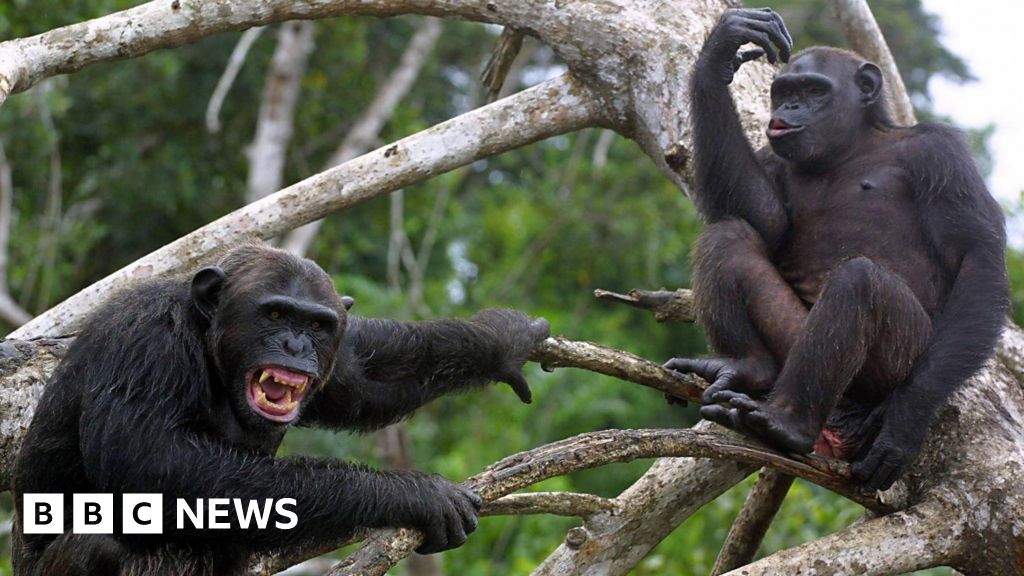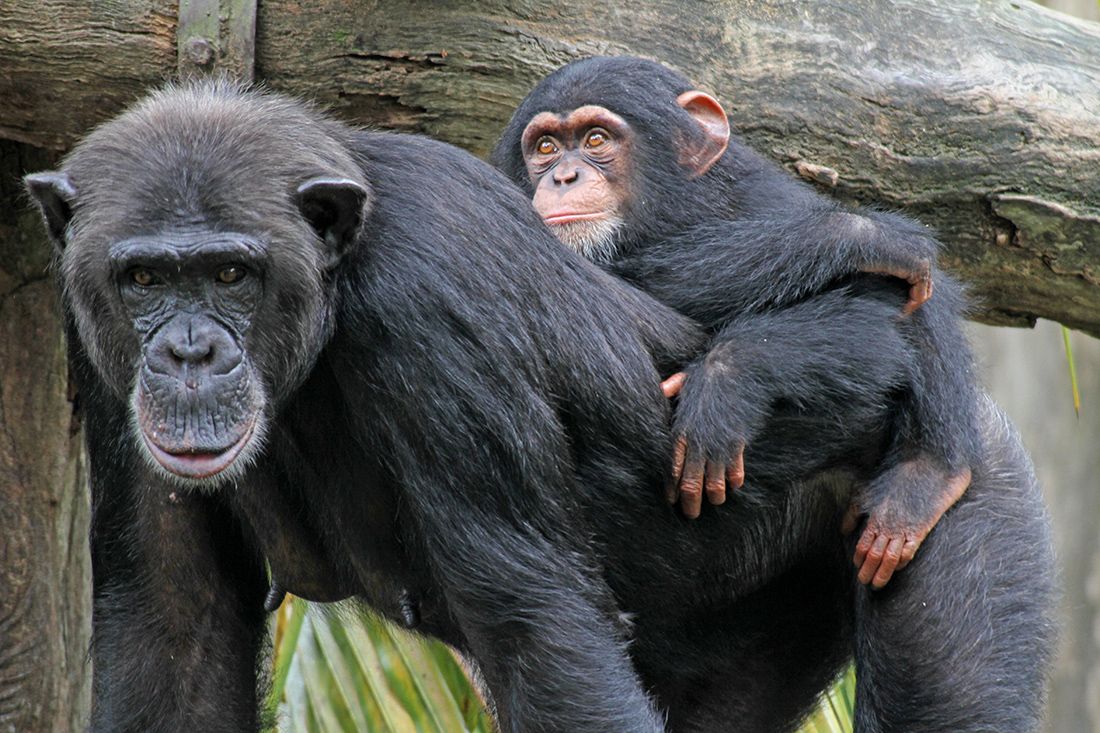assuming both are of similar body composition and build, due to the fundamental laws of physics and biomechanics.
Plus due to the square cube law net strength is going to be lower for the larger creature of similar build.Which is the problem. Why would we assume that?
You said science makes it "impossible". It doesn't. Your assumptions are the issue here.
I notice none of your links are to scholarly articles, but rather Google searches, which tells us an awful lot. You didn't provide any data at all as it turned out. Indeed it looks awfully like you're relying on the Google AI summaries.
Similar to how an ant the size of a dog would have less carrying capacity than a regular ant due to its weight because its weight increases disproportionally fast
The assumption of similar build and composition actually makes it more wrong
The correct assumption to make this true would be to assume that it happens in space where the larger creature doesn't have to support its weight or the weight of its limbs
Last edited:






